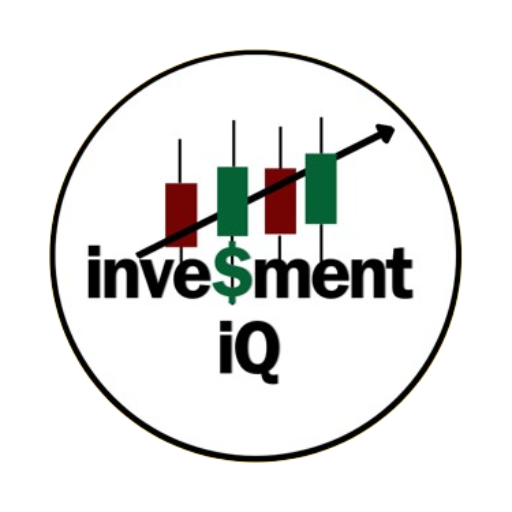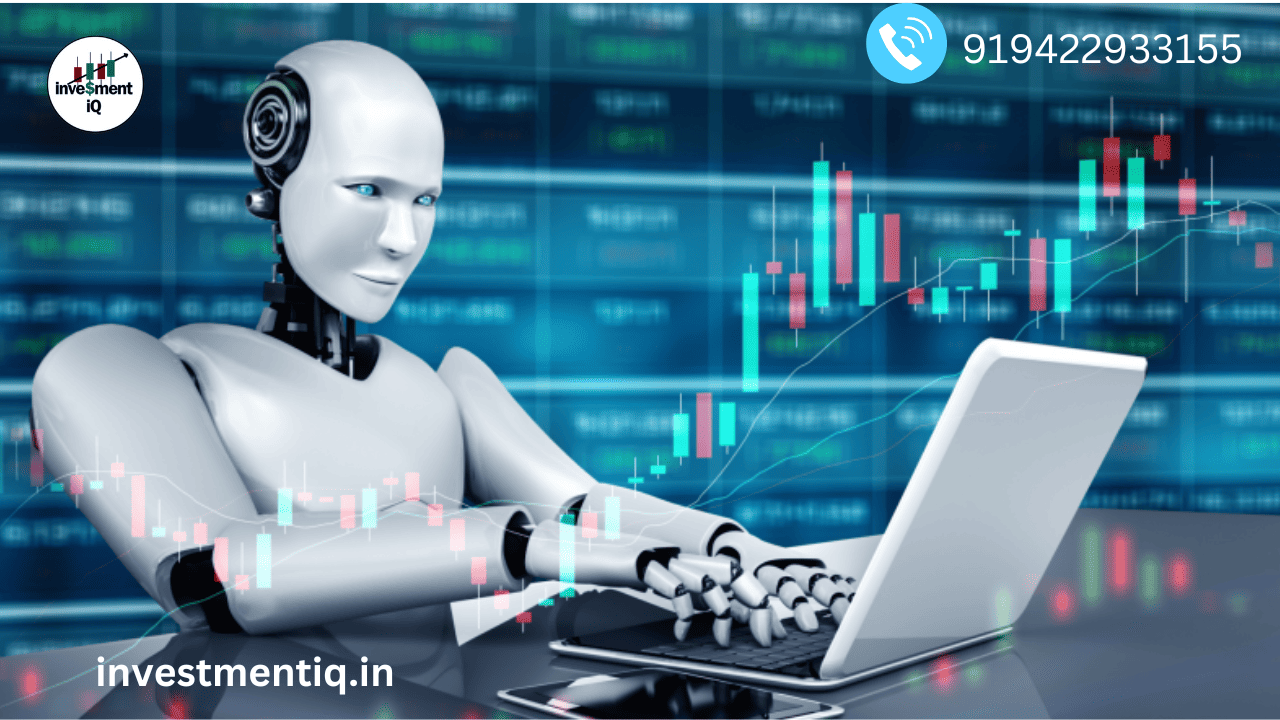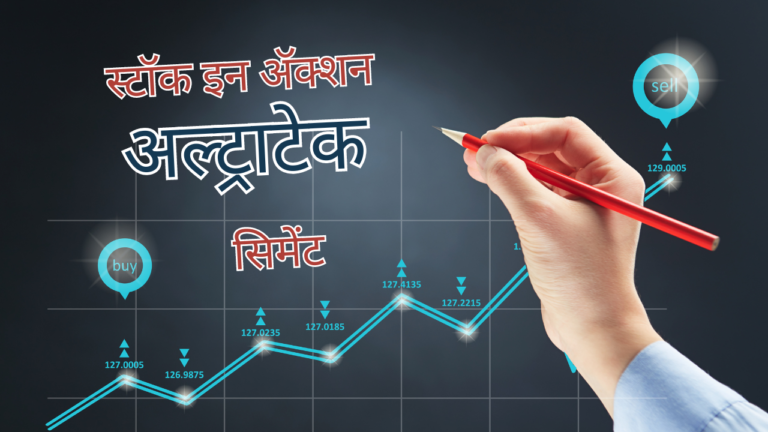
The monetary business sectors have for quite some time been viewed as a space for the most sharp and working out minds. From manual exchanging clamoring stock trades to calculation driven mechanized frameworks, the development of stock exchanging is a demonstration of how innovation persistently reshapes businesses. As of late, Man-made consciousness (computer based intelligence) has arisen as an extraordinary power in stock exchanging, promising unmatched effectiveness, precision, and benefit. This blog dives into the job of computer based intelligence in stock exchanging, its applications, advantages, difficulties, and future ramifications.
Understanding Artificial Intelligence in Trading
Artificial Intelligence encompasses machine learning (ML), natural language processing (NLP), and deep learning technologies that enable machines to mimic human intelligence. In the context of stock trading, AI analyzes vast amounts of financial data, identifies patterns, and executes trades based on predefined strategies or adaptive learning models. AI systems are capable of processing real-time data at speeds and accuracies far beyond human capability, making them an invaluable asset for traders and investors.
Applications of AI in Stock Trading
Computer based intelligence has tracked down broad applications in stock exchanging. The following are the most conspicuous regions where it is having an effect:
Algorithmic Exchanging
Algorithmic exchanging includes the utilization of computerized frameworks to execute exchanges in view of pre-set models like value, volume, and timing. Computer based intelligence upgrades algorithmic exchanging by recognizing complex examples in market conduct and changing procedures progressively.
Feeling Investigation
By utilizing NLP strategies, man-made intelligence can dissect news stories, web-based entertainment channels, and monetary reports to measure market opinion. This permits dealers to anticipate market developments impacted by general assessment or making it known.
Prescient Examination
Computer based intelligence models utilize verifiable information and continuous contributions to gauge future cost patterns. Prescient investigation assist financial backers with settling on informed choices by assessing possible dangers and prizes.
Risk The executives
Computer based intelligence can evaluate the gamble related with explicit exchanges or portfolios. By observing economic situations and verifiable execution, computer based intelligence frameworks can recommend changes in accordance with limit expected misfortunes.
Portfolio The board
Robo-counselors fueled by simulated intelligence help with making and overseeing speculation portfolios custom-made to individual objectives, risk cravings, and time skylines. These frameworks utilize progressed calculations to enhance resource assignment and execution.
Misrepresentation Recognition
Artificial intelligence frameworks can distinguish sporadic exchanging designs that might demonstrate misrepresentation or market control. This application is especially urgent in keeping up with the trustworthiness of monetary business sectors.
Benefits of AI in Stock Trading
Improved Effectiveness
Artificial intelligence frameworks can process and break down information in milliseconds, empowering quicker direction and execution of exchanges.
Further developed Precision
By killing human blunder, artificial intelligence guarantees higher precision in exchanging methodologies and chance evaluations.
every minute of every day Market Checking
Dissimilar to human merchants, man-made intelligence frameworks can work constantly, observing worldwide business sectors and executing exchanges whenever.
Adaptability
Artificial intelligence calculations can break down huge measures of information from various sources all the while, making them adaptable for different business sectors.
Feeling Free Exchanging
Human feelings, for example, dread and voracity frequently lead to silly exchanging choices. Simulated intelligence works simply founded on information and calculations, guaranteeing objective navigation.
Challenges and Risks of AI in Stock Trading
Overfitting and Model Bias AI models trained on historical data may become overfitted, leading to inaccuracies in changing market conditions. Similarly, biased data can result in flawed predictions.
Lack of Transparency AI systems, especially deep learning models, often operate as “black boxes,” making it difficult to understand how they arrive at specific decisions.
Market Volatility The speed and volume of AI-driven trading can amplify market volatility, particularly during times of economic uncertainty.
Cybersecurity Threats AI systems are vulnerable to cyberattacks, which could compromise sensitive financial data or manipulate trading strategies.
Regulatory Concerns The use of AI in trading raises questions about market fairness, accountability, and compliance with financial regulations.
Conclusion
Computerized reasoning is altering the stock exchanging scene, offering phenomenal open doors for effectiveness, exactness, and benefit. Its applications range algorithmic exchanging, feeling investigation, risk the executives, and that’s just the beginning, changing how merchants approach the monetary business sectors. Be that as it may, the difficulties of straightforwardness, network safety, and guideline can’t be disregarded. As innovation develops, the collaboration between human skill and simulated intelligence will characterize the fate of stock exchanging, making a more powerful and comprehensive monetary biological system.
you may be interested in this blog here:




